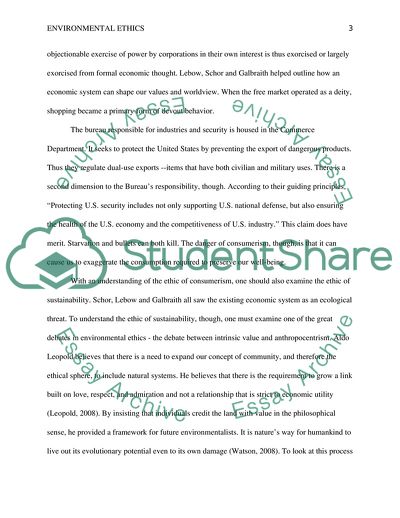Cite this document
(Environmental Ethics and Policy in America Term Paper, n.d.)
Environmental Ethics and Policy in America Term Paper. https://studentshare.org/philosophy/1802503-environmental-ethics
Environmental Ethics and Policy in America Term Paper. https://studentshare.org/philosophy/1802503-environmental-ethics
(Environmental Ethics and Policy in America Term Paper)
Environmental Ethics and Policy in America Term Paper. https://studentshare.org/philosophy/1802503-environmental-ethics.
Environmental Ethics and Policy in America Term Paper. https://studentshare.org/philosophy/1802503-environmental-ethics.
“Environmental Ethics and Policy in America Term Paper”. https://studentshare.org/philosophy/1802503-environmental-ethics.


